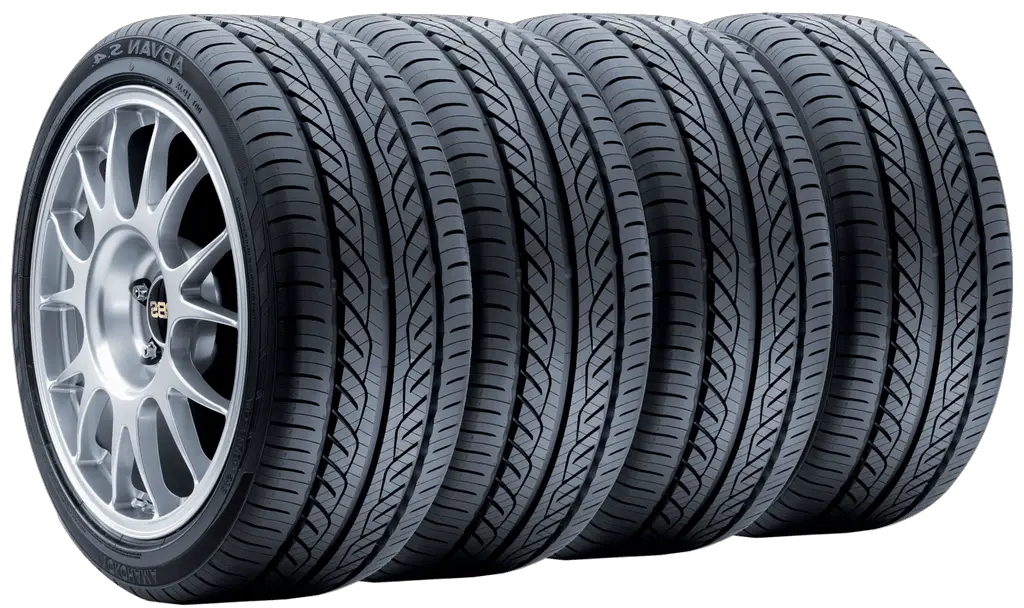You might have heard before that your tires are the most critical safety feature on your car. While that might seem like a good sales pitch used by a tire shop employee, it is true. Tires affect how quickly a vehicle stops, how it handles in emergencies, how well it will negotiate tight turns on a canyon road, how much traction the car has on a rainy or icy road, etc. By neglecting to maintain your tires, you are leaving your safety to mere chance. Most people would not even dream of not keeping their brake system, but those same people will neglect their tires.
Not only do tires affect a car’s safety, but they also impact its overall performance. Improperly maintained tires mean the engine and transmission on a car must work harder, which in turn means increased fuel consumption and mechanical wear. By not keeping your tires well-maintained, you could be shortening the death of your engine or transmission.
Drive gently. Too often, drivers want to rip around roads like they are competing in a NASCAR event. Driving hard not only can wear out your car’s mechanicals faster, but it can also wear out the tires prematurely. This includes performing burnouts, drifting around turns, suddenly accelerating from a standstill (sometimes called jackrabbit starts), slamming on your brakes in non-emergency situations, etc. If you treat your tires with care, they in turn will treat your bank account with respect.

Keep them inflated to the manufacturer’s specifications. Too often, inflating tires is an afterthought for car owners. If the air pressure in your tires is too low, the outside edges of the tread will wear faster than the interior portion of the tread. If the tires are inflated too much, the tread’s interior will wear out faster than the edges. Each vehicle manufacturer specifies the recommended air pressure for the front and rear tires. You can find the information in the owner’s manual or on the informational sticker located in the driver’s door jamb. If you don’t have the time to fill up your tires at the gas station, buy a portable air compressor and do it at home.
Rotate your tires regularly. You should have your tires rotated about every 6,000 to 8,000 miles, although different tires might require more frequent rotations. Rotating the tires helps elongate the life of the tires and keeps them all wearing at the same rate. This is especially important on a vehicle with all-wheel or four-wheel drive since tires with different tread wear will put an unnecessary strain on the transmission and transfer case. Shops will not only rotate your tires but will also balance them at the same time. An imbalanced wheel can wear out the tire tread unevenly and even put strain on the different suspension components, wearing them out prematurely.
Finally, keep your wheels aligned. Misaligned wheels will also wear out your tires. Just about any shop can perform an alignment job quickly and at a low cost.